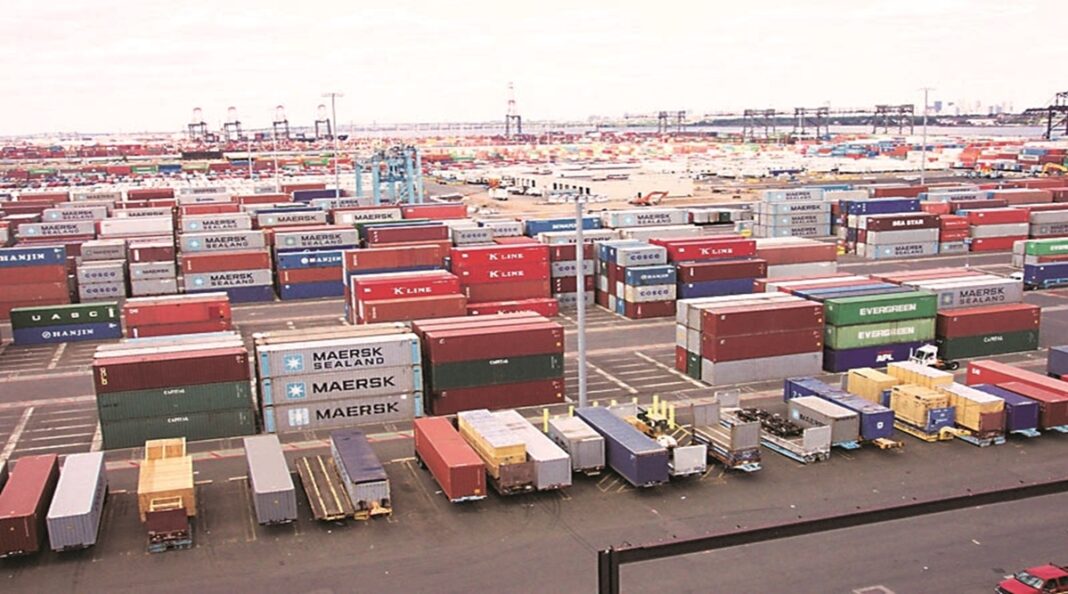By Alfiya Ansari & Siddharth Nema The India-EU FTA negotiations have been languishing since 2013 after 16 rounds of talks, with the EU stressing upon India reducing high import duties and India wanting greater access to the EU market for Indian professionals. Now, after nine years, India and the EU have resumed FTA talks from June 27. In 2021, India’s trade with the EU crossed the $100-billion mark, with the country recording a trade surplus of $13.
1 billion. Given the positive trade balance in favour of India and the untapped bilateral trade potential on both sides, tariff liberalisation under the proposed FTA with the EU would lead to greater gains for both parties. India faces strong competition from its Asian peers like Vietnam and Bangladesh as they have much more favourable terms of trade with the EU.
The EU is the largest apparel importer globally and imported both knitted and non-knitted articles worth $178. 8 billion in 2021. India ranks among the top 10 exporters of the product globally.
Currently, the EU’s knitted and non-knitted apparel imports from India amount to $5. 5 billion and face a 9. 4% and 9% tariff respectively, while competitors like Bangladesh and Vietnam avail a much lower rate of tariff.
Bangladesh is the second largest import source of apparel to the EU with exports amounting to $24. 3 billion, and through its EBA eligibility has no tariff. Vietnam, due to its FTA with the EU, has a tariff rate of 3.
8% and 6. 3%, respectively, and exports $5. 2 billion worth of apparel.
India is the 12th largest exporter of footwear globally, exporting goods worth $2. 3 billion. The EU imported footwear worth $59.
6 billion in 2021. While India exported $1. 4 billion worth of footwear to the EU under a tariff of 6.
6%, Vietnam exported $7. 5 billion worth of products under a preferential tariff of 2. 1%.
This has placed Indian goods at a disadvantage. Additionally, the EU’s services sector is restricts India majorly through restrictions on foreign entry and movement of people, which is of specific interest to Indian professionals whose entry is limited by the imposition of the Economic Needs Test (ENT) and the Labour Market Test (LMT) requirement. These requirements make the entry of foreigner workers conditional upon the fulfilment of certain criteria like domestic economic interest and unavailability of domestic labour.
Except France, Portugal, Slovenia, and Spain, EU economies have imposed ENT/LMT requirement across sectors, varying in degree. Thus, India needs to work towards mutual recognition agreement with the EU in education, experience, licensing , and procedures in professional services. The EU demands greater market access in sectors such as alcoholic beverages, automobile, and dairy.
India imposes the highest tariff of 111% for beverages, spirits, and vinegar, which accounted for total imports of $134. 8 million from the EU in 2021. Around 50% of India’s imports from the EU under the category are whisky and vodka, which attract a tariff of 150%, as alcoholic beverages are not covered under the GST framework.
Their inclusion would directly impact revenues of the states while the revenue would be lower than anticipated due to the limitation of four-tier slabs in GST regime. Similarly, India’s imports of transport vehicles amounted to $1. 4 billion while the EU’s global exports amounted to $686 billion in 2021.
India imposes an average tariff of 24. 5% at two-digit HS level on the EU, while cars imported have a tariff of 125%. Automobiles present another challenge as India’s existing partners like Japan and South Korea, which are top producers in the sector, may also seek for a level-playing field once greater market access is granted to the EU.
In the dairy sector, India requires certification from exporters that products are from animals that have never consumed food containing internal organs and blood meal. This requirement, along with a high tariff ranging between 30% to 60%, continues to restrict the EU’s milk and dairy exports to India. Opening up the dairy sector for the EU can distort the domestic market as the farmers may not be able to withstand the cheap dairy imports from the EU.
Now is the time for Indian diplomacy to stay sangfroid and bring the EU to the negotiating table. It should strive to get tariff concession in apparels and footwear, which the EU has already conceded in its recent FTAs, while also protecting the interest of the local economy and millions of livelihoods. The writers are economists, India Exim Bank.
.
From: financialexpress
URL: https://www.financialexpress.com/opinion/walking-a-fine-line/2590537/



